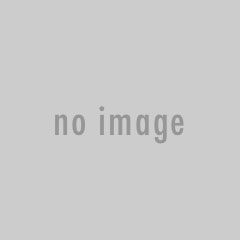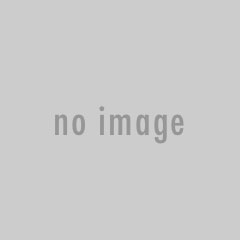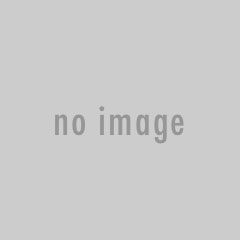Optimization of non-autoclaved aerated concrete using phosphogypsum of industrial waste based on the taguchi method
Ndaru Candra Sukmana1,*, Mohammad Izzudin Khifdillah1, Avan Sugeng
Nurkholil1, Ufafa Anggarini2
1 Engineering Management, Universitas Internasional Semen Indonesia, Gresik,
Indonesia
2 Chemical Engineering, Universitas Internasional Semen Indonesia, Gresik, Indonesia
* Corresponding author: ndaru.sukmana@uisi.ac.id
Abstract
Phosphogypsum as industrial waste from phosphoric acid production has great potential as a material of added materials of concrete. Optimum composition of gypsum content can increase the compressive strength and setting time of concrete, so it is suitable for use as a non-autoclaved aerated concrete. The experimental design of non-autoclaved aerated concrete manufacture in this study using the Taguchi method. Characteristic of the Taguchi method used is Higher is Better, with controlled factors including the composition of Portland cement, phosphogypsum, and quicklime. ANOVA test results stated that portland cement, phosphogypsum, and quicklime have a significant effect on the compressive strength of nonautoclaved aerated concrete. The results showed that the optimum composition of lightweight concrete was portland cement by 34%, phosphogypsum by 35% and quicklime by 10% to obtain an optimum compressive strength value of 20.93 kg/cm2 with a density of 806 kg/m3. The use of phosphogypsum in the manufacture of non-autoclaved aerated concrete can be a solution to reduce the amount of untreated industrial waste.
Keywords: phosphogypsum, non-autoclaved aerated concrete, Taguchi method
Full Paper: Download Full Paper
Plagiarism Check: Download Check Plagiarism
Peer Review: Download Peer Review



